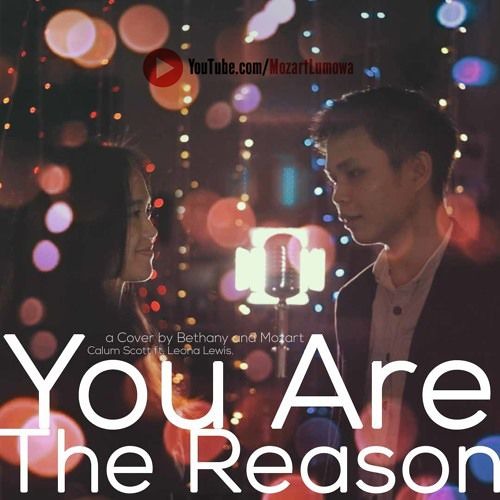

Without one or the other, our wellbeing can easily become disrupted.”īeing anonymous allows us to try new things or express ideas without being judged. “But we also need a private self – an internal space where we can reflect on our own thoughts and feelings apart from outside influence, where we can just be with our own psyche.

“We need a public self to navigate the social world of family, friends, peers and co-workers,” says John Suler, professor of psychology at Rider University in New Jersey, and author of The Psychology of Cyberspace. It’s emerging as one of the major challenges of our age: how should we go about both ensuring national security and enhancing our lives through technology, whilst also maintaining a basic right to privacy that feels like it has existed since the beginning of human history?”Īnonymity, which is Greek for “no name,” is a uniquely human psychological experience: it’s the idea that we all have identities to present to the world, but under certain circumstances, can switch the identity off and operate in total secrecy. But in the year 2017, it’s pretty much all but dead.

What you’re experiencing as you walk into that room is anonymity: a sociocultural phenomenon that’s afforded privacy and freedom. But whatever your feelings would be, you would at least safely assume that you can enter this isolated situation without being monitored or tracked by a far-flung company or individual – right? Perhaps you feel energised that you can use this opportunity to experience life on your terms, at your own speed. Perhaps you feel free of the judgment and scrutiny from acquaintances or associates.

You’re free to do anything or go anywhere or talk to anyone. You don’t know anyone, and no one knows you. Imagine walking into a roomful of strangers.


 0 kommentar(er)
0 kommentar(er)
